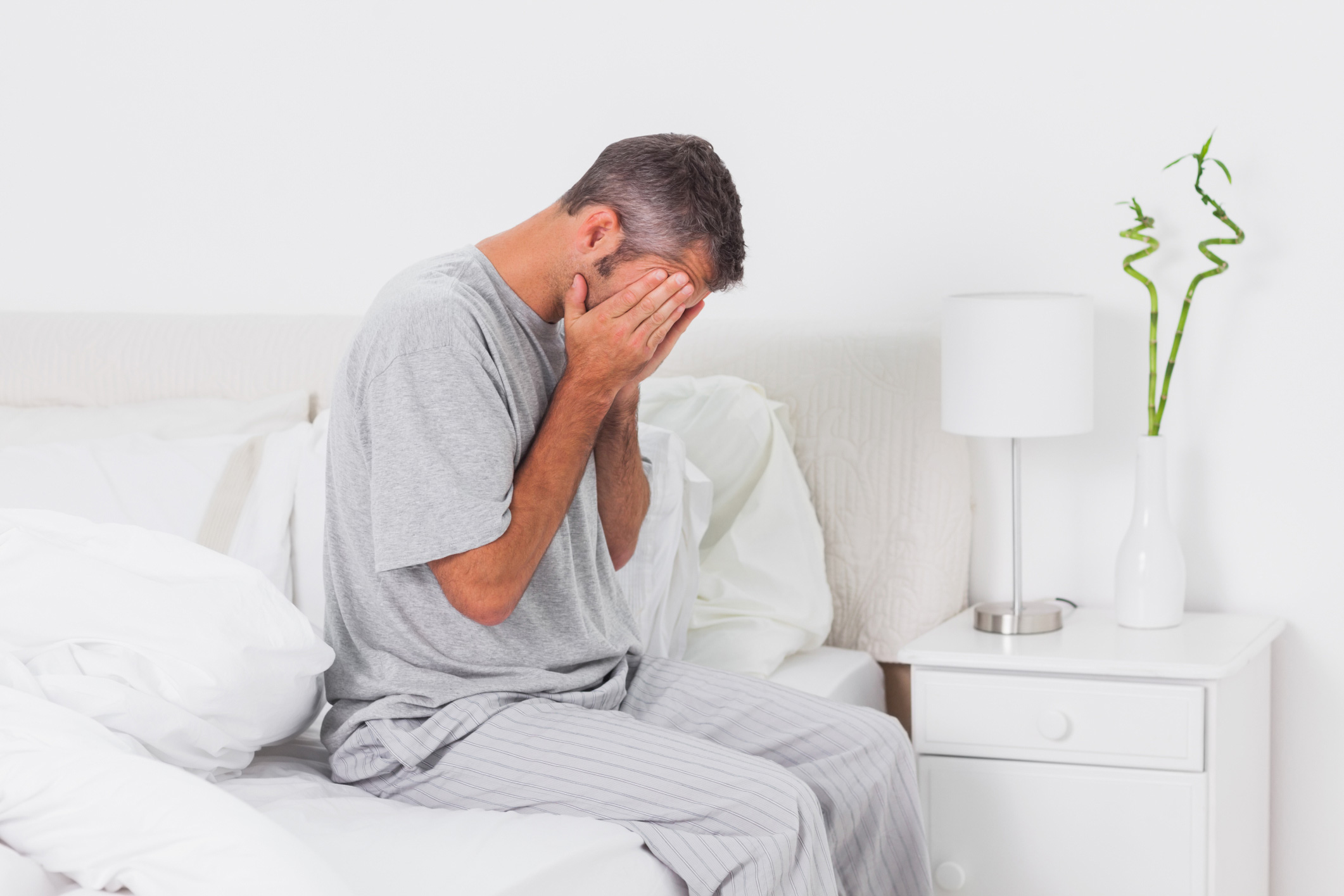sleep research
Explaining the Traveler’s First-Night Sleep Problem
Posted on by Dr. Francis Collins

Stock photo/Wavebreakmedia Ltd
This past weekend, I attended a scientific meeting in New York. As often seems to happen to me in a hotel, I tossed and turned and woke up feeling not very rested. The second night I did a bit better. Why is this? Using advanced neuroimaging techniques to study volunteers in a sleep lab, NIH-funded researchers have come up with a biological explanation for this phenomenon, known as “the first-night effect.”
As it turns out, the first night when a person goes to sleep in a new place, a portion of the left hemisphere of his or her brain remains unusually active, apparently to stay alert for any signs of danger. The new findings not only provide important insights into the function of the human brain, they also suggest methods to prevent the first-night effect and thereby help travelers like me in our ongoing quest to get a good night’s sleep.
